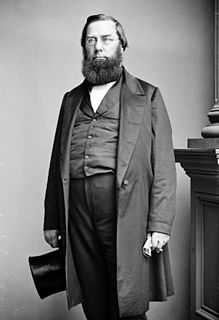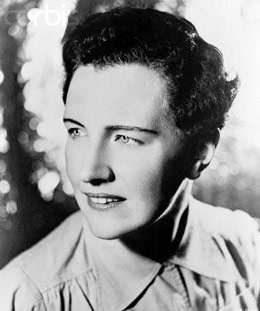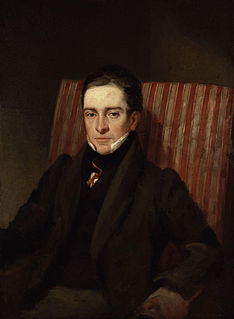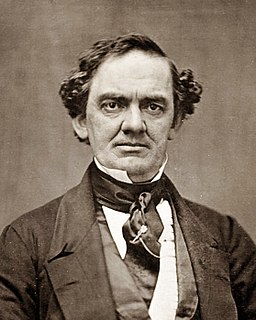A Quote by Charles Dickens
Every man, however obscure, however far removed from the general recognition, is one of a group of men impressible for good, and impressible for evil, and it is in the nature of things that he cannot really improve himself without in some degree improving other men.
Related Quotes
A man is not merely a man but a man among men, in a world of men. Being good at being a man has more to do with a man’s ability to succeed with men and within groups of men than it does with a man’s relationship to any woman or any group of women. When someone tells a man to be a man, they are telling him to be more like other men, more like the majority of men, and ideally more like the men who other men hold in high regard.
The rifle itself has no moral stature, since it has no will of its own. Naturally, it may be used by evil men for evil purposes, but there are more good men than evil, and while the latter cannot be persuaded to the path of righteousness by propaganda, they can certainly be corrected by good men with rifles.
Weapons compound man's power to achieve; they amplify the capabilities of both the good man and the bad, and to exactly the same degree, having no will of their own. Thus we must regard them as servants, not masters - and good servants to good men. Without them, man is diminished, and his opportunities to fulfill his destiny are lessened. An unarmed man can only flee from evil, and evil is not overcome by fleeing from it.
For in a government of laws and not of men, no man, however prominent or powerful, and no mob however unruly or boisterous, is entitled to defy a court of law. If this country should ever reach the point where any man or group of men by force or threat of force could long defy the commands of our court and our Constitution, then no law would stand free from doubt, no judge would be sure of his writ, and no citizen would be safe from his neighbors.
As ideas are preserved and communicated by means of words, it necessarily follows that we cannot improve the language of any science, without at the same time improving the science itself; neither can we, on the other hand, improve a science without improving the language or nomenclature which belongs to it.



































